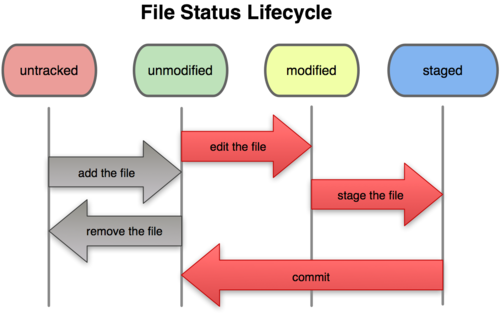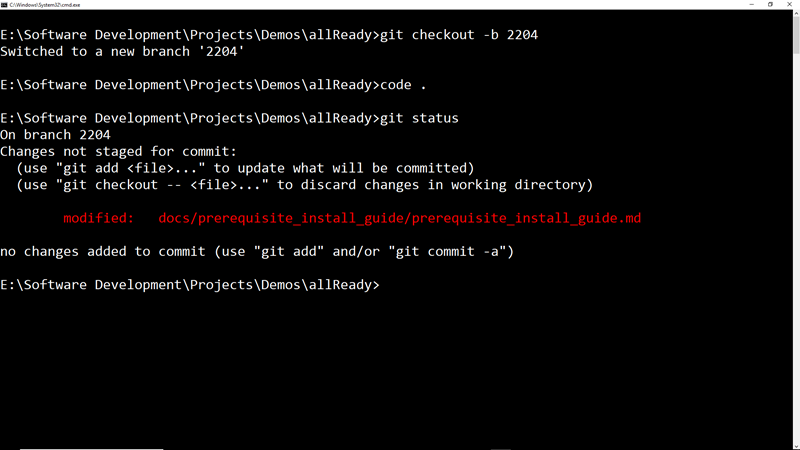
Then we can restore the file back to its latest committed state. We need to do 2 things which is to first unstage it from being commit.

But here’s a quick reference guide in text form: Unstage and Revert 1 File The demo video covers more detail around showing the results of git status and more. Let’s start answering some of the questions from before. WARNING: Most of the commands we’re going to run are destructive in the sense that you will lose your uncommitted changes in the working directory. Solving 3 Problems with Git Restore and Git Clean Most of these questions revolve around the topic of you made some changes, haven’t commit anything yet and now you want to roll them back.
#GIT STATUS SHOW ALL FILES WINDOWS#
Not sure if thats a Windows thing (I have never had any problems like this in the past, either in osx or linux). How can I revert all unstaged changes back to their latest committed state? git status -ignored will show all untracked files. This answer was the only that helped fixing my issue.

How can I unstage and revert all changes of 1 file back to its latest commit?.In this post we’re going to answer the following questions you might have: Instead of -name-only you can use -name-status that also displays if the file was modified, added or deleted. Which files and directories aren’t in version control yet? Use git diff -name-only (with -cached to get the staged files) Share.Are they currently staged or unstaged to be commit?.Have they changed since their latest commit?.If a file is in the staging area, but not committed, it shows with git status. When you run a git status you can see a combination of files and directories to help answer the following questions: git status will return the current working branch. It allows you to see staged changes and the files that arent being.

Quick Jump: Solving 3 Problems with Git Restore and Git Clean | Demo Video The git status command shows the state of the working directory and the staging area. Updated on March 21st, 2023 in #linux Git Restore All Unstaged and Untracked Files Back to their Latest Commit Sometimes you want to experiment and revert the changes you've made to their last known good state or dispose of files. git status -u or the long form: git status -untracked-files which will show individual files in untracked directories.


 0 kommentar(er)
0 kommentar(er)
